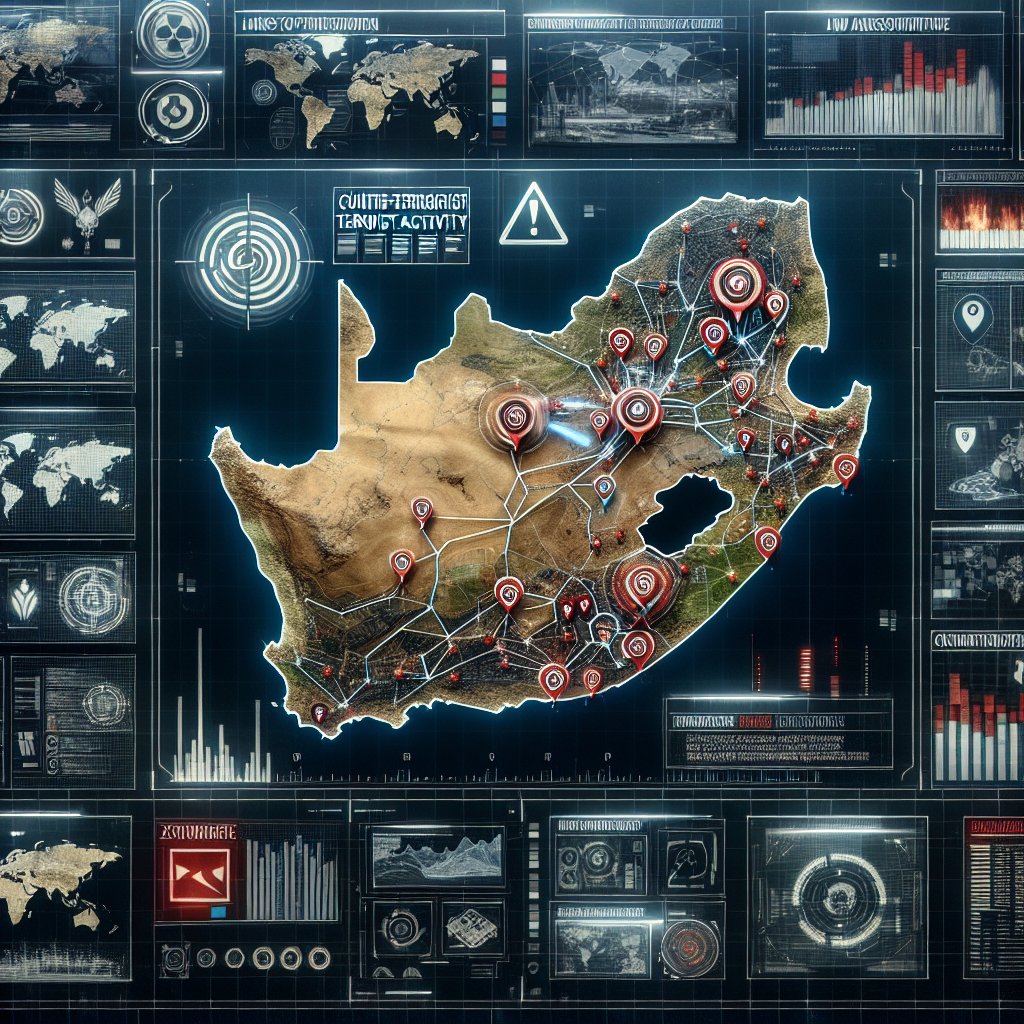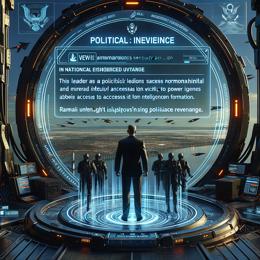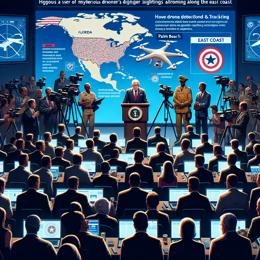Image created by AI
South Africa Faces Scrutiny as Suspected Terrorist Training Hub
South Africa is currently scrutinized due to reports of it becoming a potential training ground for designated terrorist groups. Ryan Cummings, director of Signal Risk and a known consultant on African terrorism and conflict, warns of the serious implications this has for the country's security.
The news of 95 Libyan nationals arrested in White River, Mpumalanga, has exposed the depth of this issue. They have been accused of misrepresenting their intent on visa applications, claiming to enter the country for study purposes while allegedly engaging in military training.
Monica Nyuswa, the spokeswoman for Mpumalanga's Directorate of Public Prosecutions, confirmed the need for an Arabic interpreter for the group's court proceedings, indicating the suspects' foreign national status. Their visas have been revoked as their presence since April 2024 and activities in South Africa face thorough investigation.
This incident is not isolated, with historical accounts dating back a decade and beyond pointing to a pattern of extremist activity within South Africa. Previous reports cite the country as the location for al-Shabaab training prior to the 2013 Westgate shopping complex attack in Nairobi, according to an intelligence dossier.
In 2013, ISS researcher, Anneli Botha's interview with an al-Shabaab member revealed the extent of these connections, including his acquisition of a South African passport. Further back in 2007, allegations arose against Nazier and Ahmed Sadek Desai for operating a training camp outside Port Elizabeth.
Cummings describes the Libyan arrest as just "the tip of the iceberg," emphasizing the need for South Africa to reassess its domestic and foreign policy to address the potential shift of extremist militant activities in the region.
Political figures like Dr. Pieter Groenewald, leader of the Freedom Front Plus (FF+), have expressed concern in Parliament but report their warnings were not heeded. The White River incident serves as validation of those concerns and poses questions about the government's awareness or potential concealment of these activities.
Additionally, Professor Helen Duffy highlights the increased levels of terrorism in Sub-Saharan Africa, with the Sahel region and Somalia experiencing unparalleled violence and displacement due to terrorism.
Despite these alarming reports, The South African National Defence Force (SANDF) deferred comments to the police and judiciary, underscoring the complexity and inter-agency responsibilities in counter-terrorism efforts.
These developments point to an urgent need for South Africa to fortify its response to terrorism threats, not only to safeguard its national security but to prevent potential exploitation by extremist groups seeking to carry out global attacks.










